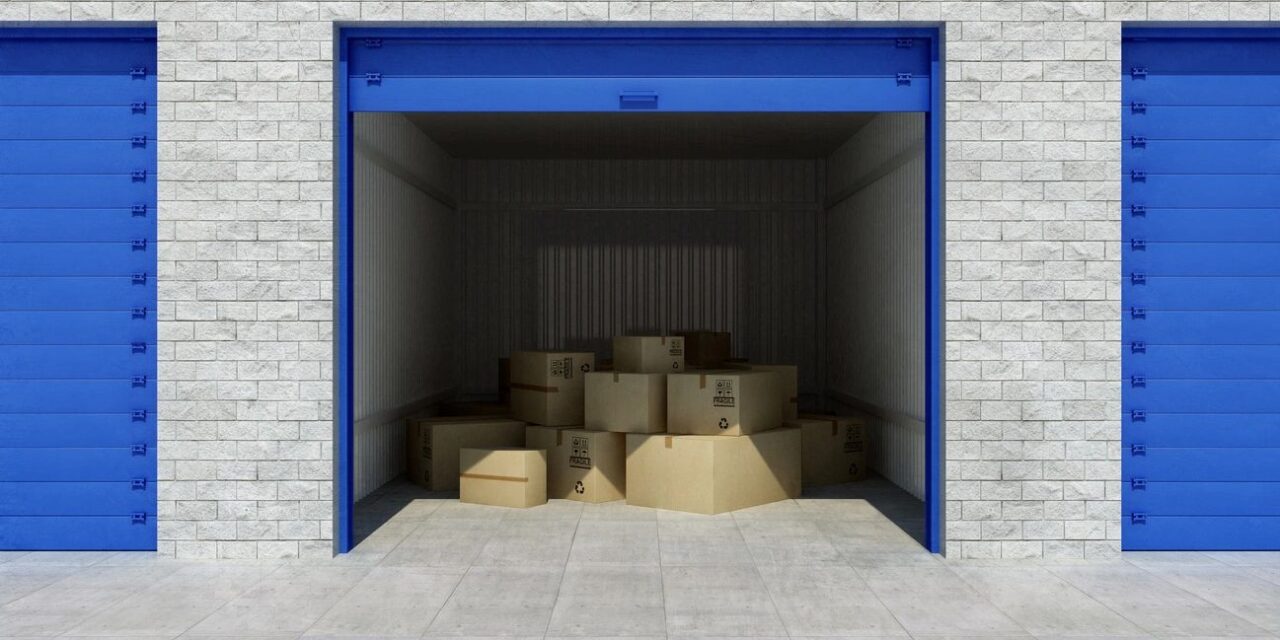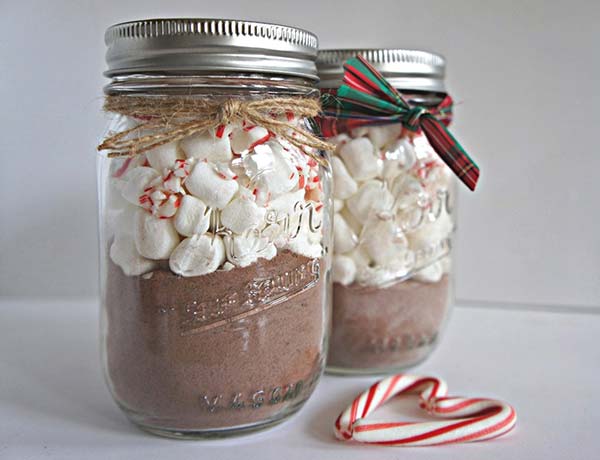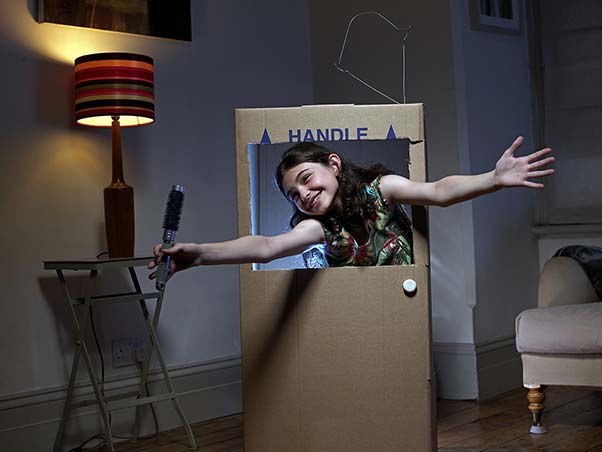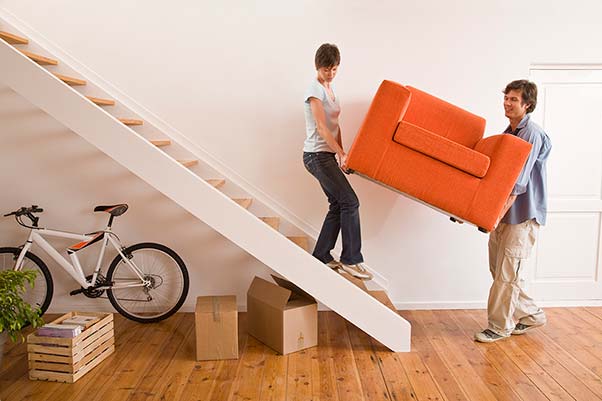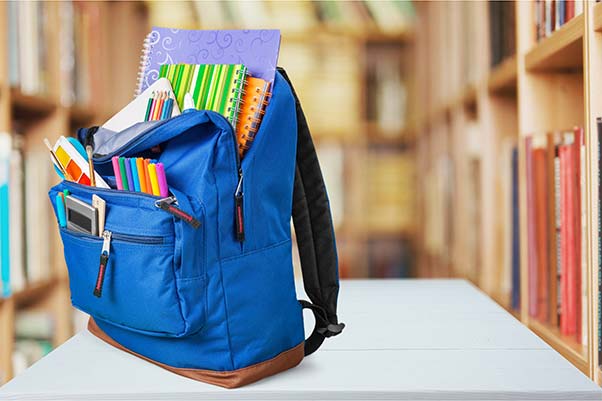Are you planning to downsize into a smaller home? Is it finally time to clear out the garage so you can actually park your car in there? Have you gotten orders for a long-term deployment? There are so many reasons to consider renting a long-term storage unit. The biggest reason of all, however, is so you can keep the items you love even if they no longer fit into your living space.
The key is to find a long-term storage facility that offers you lots of storage options, contract flexibility, and strong security measures.
How Long-Term Storage Units Work
The idea of moving your personal or business possessions into a storage unit for a long time or even indefinitely may feel overwhelming at first, but it’s actually really simple as long as you find a trustworthy storage facility.
There’s really nothing physically different between a short-term storage unit and a long-term storage unit. That being said, there are different factors to take into consideration when planning to store your things for the long-term, including:
- Location of the facility
- Type of storage unit you rent
- Cost of the storage unit
- Amenities of your storage facility
Many long-term storage facilities also provide storage for vehicles, boats, and RVs if you want to get that extra car or camper out of the driveway.
5 Tips for Long-Term Storage
As you begin searching for your long-term storage solution, these five tips can help you get the most out of your storage experience and keep your valuable possessions in good shape.
#1 Choose Your Storage Unit Size Strategically
Storage units come in many sizes. While you don’t want to get a unit that’s too small, you also don’t want to pay extra for a unit that’s unnecessarily big.
At most storage locations, you can find storage units ranging in size from a walk-in closet to a large garage. Take the time to assess all the items you plan to store so you can choose the best-sized unit for your needs. Consider whether you’ll want to store more things in the near future. If so, it might make sense to rent a larger unit that you can add things to, rather than having to move to another unit in a few months.
If you plan to access your unit on a regular basis, make sure you include extra space in your size considerations so you can easily navigate your unit.
#2 Consider Climate-Controlled Storage for Certain Items
If you plan to store delicate, valuable, temperature-sensitive, or humidity-sensitive items in your unit, it’s a good idea to choose a climate-controlled storage unit. These units keep the temperature and humidity levels stable all year round.
Climate-controlled units protect your belongings from harmful heat and humidity fluctuations that contribute to mold, mildew, pest infiltrations, and heat-related damage.
The following items benefit greatly from climate-controlled storage:
- Electronics
- Metal, upholstery, and wood furniture
- Leather products
- Artwork
- Wine
- Important documents and photographs
- Books
- Musical instruments
- Antiques
#3 Pack Your Items Properly
The best way to protect the value, usefulness, and lifespan of your stored items is to pack them properly before putting them into long-term storage. :
- Clean items before packing – Thoroughly clean every item you’re putting into storage. Get rid of any traces of food or other elements that could attract critters or mold.
- Wrap fragile items – Make sure to properly insulate your breakable items with bubble wrap, packing paper, or cloth towels.
- Use vacuum-sealed bags – Vacuum-sealed bags are a great storage option for clothing, linens, and towels. They suck out the air from these items, making them much more compact
- Pack boxes with weight in mind – To prevent damage, you should place the heaviest items at the bottom of your boxes and the lighter items on top.
- Eliminate moisture: Damp items can attract mold and mildew. Make sure all your items are completely dry before putting them into storage. Adding silica packets to boxes of clothing, shoes, and linens can help suck out those last bits of moisture.
By using these packing techniques, your stored items should stay in good condition throughout the entire storage duration.
#4 Organize Your Storage Unit Strategically
Since you’re planning for long-term storage, chances are good that you’ll want to access your storage unit regularly. That makes it even more important to organize your storage unit well from the very beginning. Nothing is more annoying than having to unpack half your unit every season to find your holiday decorations.
Here’s how to organize your storage unit strategically:
- Clearly label the contents of your boxes and containers beforehand. Put the labels on multiple sides of your containers so you can see them no matter how the container is stacked.
- Arrange your boxes according to how often you plan to access them. Put the boxes you don’t plan on touching in the very back. Keep the boxes you might need to access closer to the front. By arranging them this way, you won’t need to shuffle boxes around later on.
- Stack boxes on top of wood pallets to keep them off the ground. This will provide them with more ventilation.
- Consider adding shelving in your storage unit. Shelves will improve your storage unit organization and help you optimize your space.
- When setting up your storage unit, include an aisle down the middle, so you can easily move through your unit without having to haul things out of the way.
#5 Set Up Automatic Storage Unit Payments
Once your storage unit is organized and ready to go, there’s one last step. See if you can set up automatic payments with your storage facility.
Automatic payments make your life much easier by conveniently withdrawing monthly rental fees from your bank account. In turn, you’ll never need to worry about making your payments on time.
How Much Does Long-Term Storage Cost?
Speaking of payments, how much does a storage unit cost when rented out long-term?
A number of factors impact the cost of your long-term storage unit.
- Unit size – The larger the unit, the higher the cost.
- Type of unit – You’ll pay more for first-floor units compared to units with elevator access. Drive-up units give you added convenience but also usually come at a higher cost.
- Special features – If you choose a storage unit with special features, like climate control, it might cost a little more each month.
- Rental season – Some storage units cost more to rent out during certain seasons. For example, demand is higher in summer months; therefore, you can expect that rates will be higher.
- Insurance costs – Many storage providers require you to purchase rental insurance or a protection plan for damage/fire coverage on your stored items.
- Special deals or promotions – Depending on the long-term storage facility you choose, you may be able to take advantage of first-month promotions or special online pricing deals.
Take the time to compare storage unit prices at different facilities and to really consider the unit features that are most important to you. For example, if you don’t plan to access your unit regularly, it may be a good idea to choose a storage unit with elevator access to save money.
Since you’re planning for long-term storage solutions, saving a little on the cost of your storage unit each month can really add up over time.
Price Self Storage: Long-Term Storage Solutions
If you need a long-term storage solution, look no further than Price Self Storage. We provide flexible month-to-month leases on storage units, enabling you to store your stuff for as long as you need.
Price Self Storage also offers a variety of storage unit sizes, indoor and outdoor options, and important security features, like security cameras and electronic entrance gates. We offer long-term storage facilities throughout Los Angeles, San Diego, Walnut Creek, and beyond. California residents can enjoy convenience and peace of mind when they store with us.
Find a Price Self Storage near you today.
Long-Term Storage FAQs
It’s natural to have lots of questions about long-term storage units, especially if you’ve never rented one before. Take a look below to get the answers to our most popular questions about long-term storage solutions. Don’t see your question? Visit our dedicated FAQ page.
What is a long-term storage unit?
Any storage unit you rent from Price Self Storage can be a long-term storage unit if you intend to keep your items in storage for a while. What amount of time qualifies as long-term storage? There aren’t any fast or hard rules, but if you don’t plan on storing your items for a limited time, like during a move or for a specific season, chances are you’re looking for long-term storage.
How do I choose the right size for my long-term storage unit?
The first step is to determine everything you plan to put into the storage unit. Next, ask yourself whether you are likely to keep adding items in the near future, or even if you plan to only temporarily store certain items. These answers should give you a good idea of the right unit size you need. If you’re still not sure, it’s usually a good idea to err on the side of renting a slightly larger unit than you need rather than a smaller unit. It can be a headache to switch units if you need to upgrade in the future. (Check out our helpful storage unit size guide.)
Are your long-term storage units climate-controlled?
At Price Self Storage, we offer climate-controlled storage units at select locations. Any of these units can be used for long-term storage needs. To find our long-term storage facilities with climate-controlled units, search for nearby locations using your zip code or city. Click on the nearest locations and then click on “Advanced filters” to see if climate-controlled units are an available option at that facility.
What security measures are in place for long-term storage units?
Price Self Storage takes security at all our facilities extremely seriously. Each of our facilities is surrounded by a fence and protected by an electronic gate that requires a code to enter. We also have security cameras installed throughout each of our locations. Finally, we keep our facilities well-lit to help our customers feel more confident about visiting in the evenings.
Can I access my long-term storage unit at any time?
As part of our security measures, we close our storage locations from 7:00 PM to 7:00 AM each night. That still means that all of our facilities are open for 12 hours every day of the week (except major holidays), including outside standard business hours. Our goal is to balance storage unit access with the overall security of our facility.

